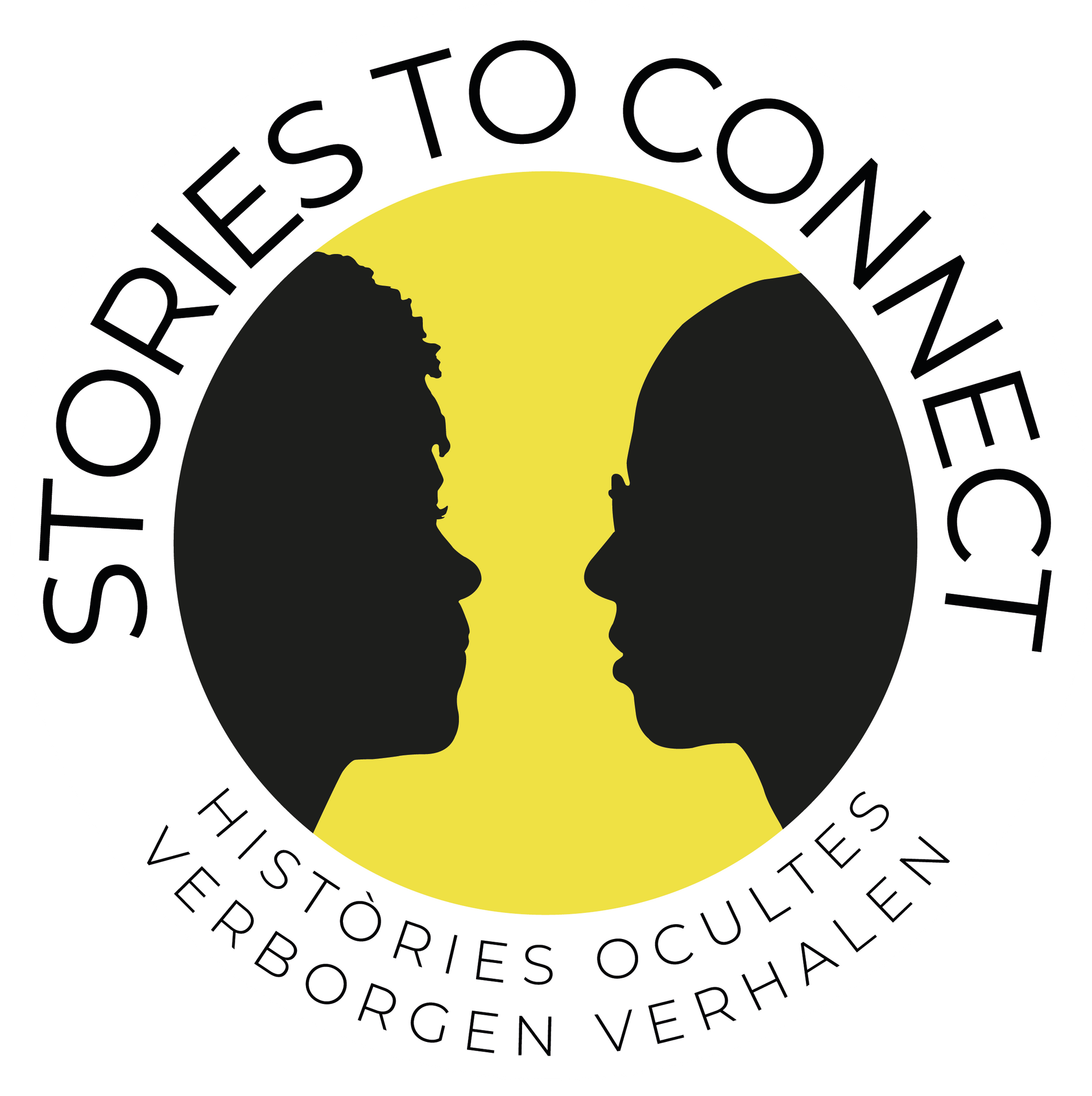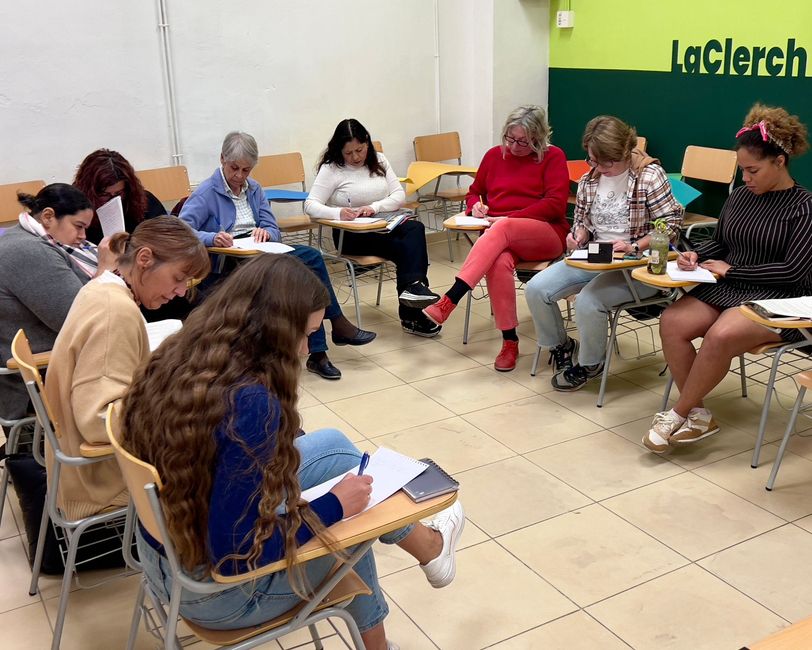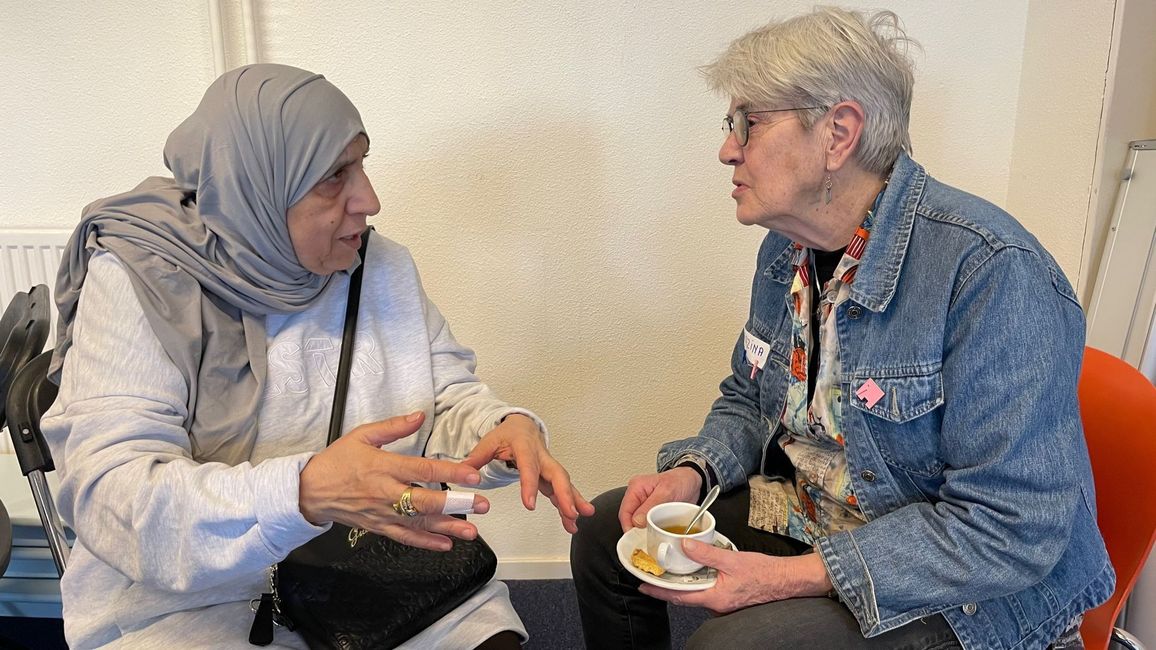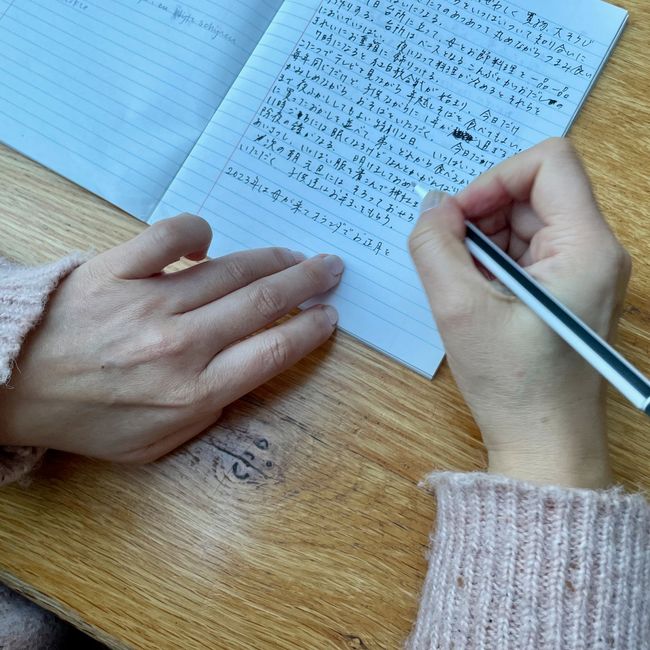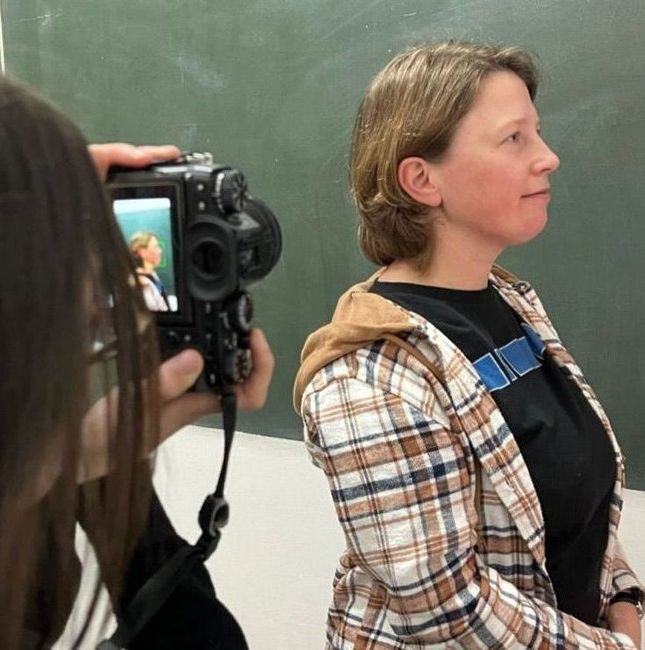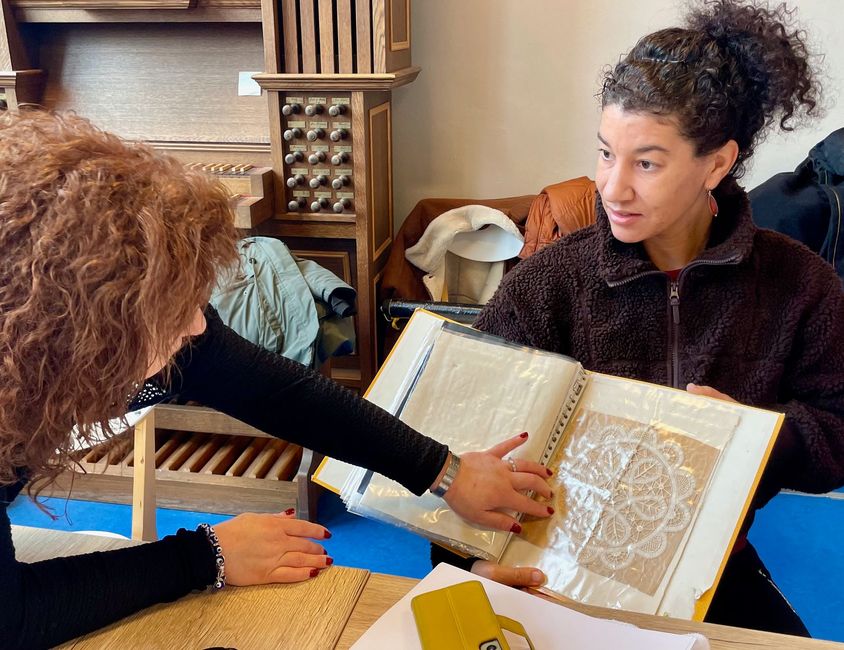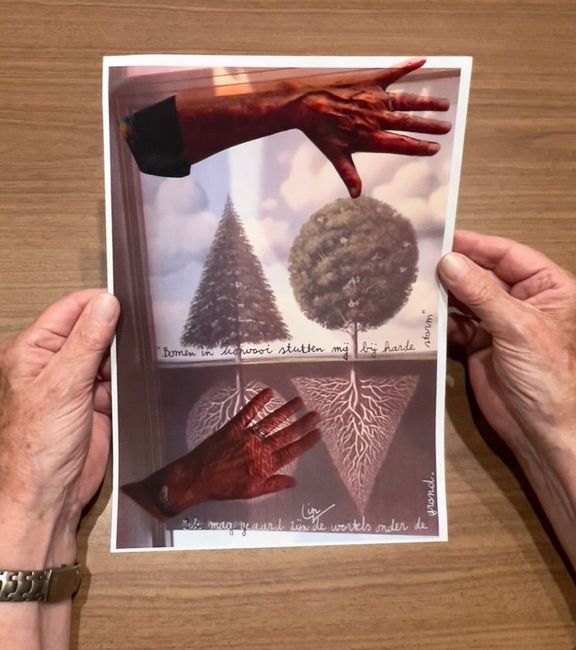Stories to connect
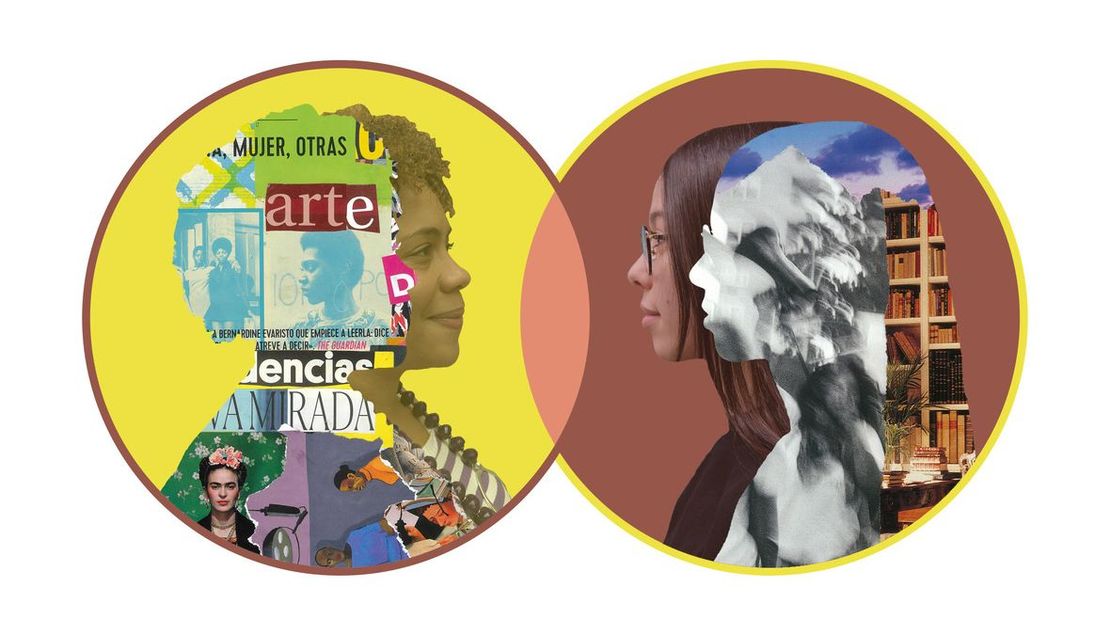
Share your story and create community
outside your 'bubble'
A record number of people are on the run worldwide as a result of war, conflict and persecution. The annual UNHCR Global Trends report shows that more than 110 million people are currently forcibly displaced. In many major Western European cities today, it is already the case that the majority of residents have a migration background. On the other hand more and more people live in a social bubble. Research shows that segregation in Europe continues to grow.
This social trend increases polarization and compromises democratic values. But unlike the classical idea of integration, as was the paradigm when people with a migration background were the minority, the aim is not adaptation to the local 'norm' group , but adaptation to a life in diversity.
For a successful practice of living together in super-diverse cities, it is not necessary that people look alike or have the same opinions. It is precisely about the ability to live happily together with people who are different from you. Martha Nussbaum (American philosopher and professor of legal philosophy and ethics) emphasizes
the important role of interethnic friendships in this life in diversity and preventing conflict and discrimination. But friendships between people with and without a migration background do not appear to be created automatically. People have to meet each other for that. Not only at the greengrocer, but also in places and through activities that enable meaningful interethnic contact.
The Stories to connect project enables meaningful interethnic contact. We create and rebuild places in the public space where we can meet, share and build connection.

Autobiographic story and review from participant Elena - Spain
My name is Elena Sokolova, I was born in the USSR in Novgorod. I live in Figueres, Catalonia, Spain, since September 2023.
These are the works of art that I made during the project ’Stories to connect’ in Figueres, Catalonia, Spain.
The one on the right is my portrait partly filled with a collage made of elements that I identify with and that make me feel at home.
The one on the left is a collage of me looking out of the window, now seeing “light in perspective, after the wind of change took us away from Russia". In my story that the collage accompanies I explain: "Now we are in Spain, we live in Figueres, foreigners, strangers, light and fragile like plants without roots.” If you want to know more: listen to my whole story about my life changing moment here:
And if you’d like to hear how joining ‘Stories to connect’ impacted my life, listen to me here:
About us
Stories to connect is an international collaboration between the Netherlands and Spain. Mirna Ligthart, Susanne Gijsbers, Dawlat Derbas and Petra Vlasman have been carrying out this same project since 2022, each with three groups per year.
The projects that Ligthart, Gijsbers, Derbas and Vlasman do have a lot of overlap in terms of objectives. However, they all work from their own discipline, background and expertise.
